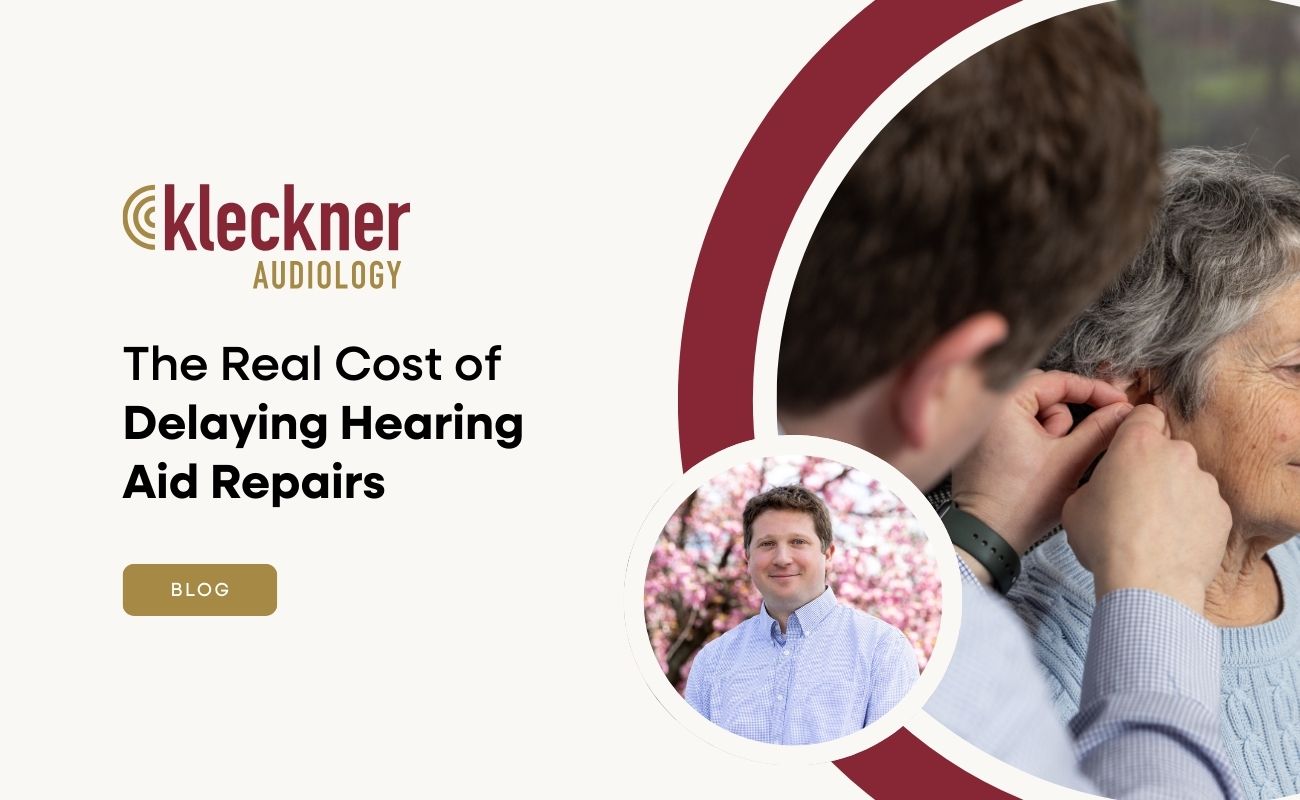The Impact of Untreated Hearing Loss on Relationships and Social Life

Hearing loss affects more than just the ability to hear sounds - it significantly impacts personal relationships and social connections. When left untreated, hearing loss can create barriers in communication, leading to misunderstandings, frustration, and social withdrawal. Understanding these effects can help motivate those experiencing hearing difficulties to seek proper treatment.
Family Relationships
Family dynamics often face the greatest strain when hearing loss goes untreated. Daily conversations become challenging, leading to:
- Repeated requests to speak louder or repeat statements
- Misunderstandings over simple household matters
- Frustration from both the person with hearing loss and family members
- Reduced participation in family discussions
- Less frequent meaningful conversations
- Increased tension during family gatherings
Children and grandchildren may find it particularly difficult to maintain close relationships when a family member has untreated hearing loss. Stories, jokes, and casual conversations - the building blocks of family bonds - become harder to share naturally.
Romantic Relationships
Partners often experience significant stress when one person has untreated hearing loss:
- Communication becomes more effortful and less spontaneous
- Intimate conversations may decrease
- Shared activities like watching TV or dining out become less enjoyable
- Partners may feel burdened by the need to repeat themselves or act as interpreters
- Misunderstandings can lead to arguments
- The listening partner may feel ignored or unheard
These challenges can create distance between couples and affect the overall quality of their relationship. Simple daily interactions that once strengthened their connection may become sources of frustration.
Social Life and Friendships
Untreated hearing loss often leads to social withdrawal:
- Group settings become overwhelming due to multiple speakers and background noise
- Friends may perceive someone as disinterested or aloof when they're actually struggling to hear
- Social invitations might be declined to avoid difficult listening situations
- Conversations in restaurants or public spaces become challenging
- Participation in group activities decreases
- Feelings of isolation can develop even when surrounded by others
Workplace Impact
Professional relationships and career advancement can suffer from untreated hearing loss:
- Missing important details during meetings
- Difficulty participating in group discussions
- Reduced effectiveness in client or customer interactions
- Miscommunication with colleagues
- Decreased confidence in professional settings
- Potential impact on job performance and opportunities
Mental Health Considerations
The social impact of untreated hearing loss can affect mental well-being:
- Increased risk of anxiety in social situations
- Higher rates of depression linked to social isolation
- Decreased self-esteem and confidence
- Feelings of embarrassment or shame
- Reluctance to try new activities or meet new people
- Stress from constant strain to hear and understand
Supporting Your Loved One with Hearing Loss
When someone you care about has hearing loss, your support can make a significant difference in their journey toward better hearing. Simple adjustments in how you communicate can help maintain strong relationships. Making eye contact and facing the person when speaking enables them to see your facial expressions and lip movements, which provide valuable visual cues. Finding quiet spaces for important conversations helps by reducing background noise that can interfere with understanding. Speaking clearly makes a difference, but shouting should be avoided as it can actually distort sound and make speech harder to understand.
Patience is key - being willing to repeat or rephrase statements helps maintain clear communication without causing frustration. Instead of pointing out hearing difficulties, gently encouraging professional hearing care shows support and understanding. In group settings, making sure your loved one can follow and participate in discussions helps them stay connected and engaged in social interactions.
Creating a Hearing Friendly Environment
Making your home and social spaces more conducive to better communication helps everyone. Thoughtful seating arrangements where people can see each other's faces support better understanding through visual cues. Good lighting plays an essential role by making lip reading and facial expressions easier to see. Sound quality in a room can be improved through acoustic treatments such as carpets or curtains that reduce echo.
When planning social gatherings, selecting quieter restaurants creates an environment where conversations can flow more naturally. Managing group discussions by encouraging one person to speak at a time helps prevent overlapping conversations that can be difficult to follow. For home entertainment, using captioning during TV shows or streaming content provides additional support that benefits both those with hearing loss and their companions.
The Importance of Early Treatment
Early intervention for hearing loss can prevent many social and relationship challenges:
- Maintaining existing social connections is easier than rebuilding lost ones
- Communication habits and strategies can be developed before significant problems arise
- Partners and family members can be involved in the treatment process
- Social confidence can be preserved
- Professional relationships can continue without interruption
Benefits of Treatment
Addressing hearing loss through proper treatment can lead to:
- Improved communication with family members
- Better understanding in group settings
- Increased confidence in social situations
- More active participation in conversations
- Enhanced ability to enjoy social activities
- Stronger connections with friends and loved ones
- Greater engagement in workplace discussions
The Role of Modern Hearing Solutions
Today's hearing technology offers solutions that can help maintain and improve social connections:
- The Oticon Intent uses advanced DNN 2.0 technology to enhance speech understanding in social settings, making conversations more natural and enjoyable.
- The ReSound Nexia features sophisticated noise reduction systems like 360 All-Around and FrontFocus, helping users better engage in group conversations.
- The Signia IX includes RealTime Conversation Enhancement to improve speech clarity during social interactions.
- The Starkey Edge AI incorporates advanced features for better speech understanding in various social environments.
- The Widex Moment delivers natural sound quality that helps users stay connected in social situations.
Taking the First Step
Signs that hearing loss may be affecting your relationships include:
- Frequently asking others to repeat themselves
- Difficulty following conversations in groups
- Turning up the TV volume higher than others prefer
- Struggling to hear in restaurants or public places
- Feeling exhausted after social gatherings
- Avoiding social situations you once enjoyed
Schedule Your Hearing Consultation Today
At Kleckner Audiology, we understand the profound impact that hearing loss can have on your relationships and social life. Our experienced audiologists, Peter Kleckner and Andrew Fluck, are ready to help you maintain and strengthen your connections with others through better hearing. We offer comprehensive hearing evaluations and can demonstrate how modern hearing technology can enhance your social interactions and quality of life. Contact our Allentown office at 610-435-8299 to schedule your consultation. Don't let untreated hearing loss create barriers between you and the people you care about - take the first step toward better hearing and stronger relationships today.

Dr. Peter Kleckner, Au.D., a seasoned audiologist with experience from prestigious institutions, brings his expertise in comprehensive hearing evaluations and treatments to Kleckner Audiology, where he's been serving patients since 2016.



